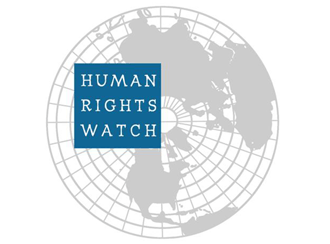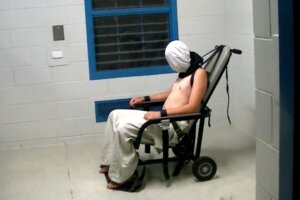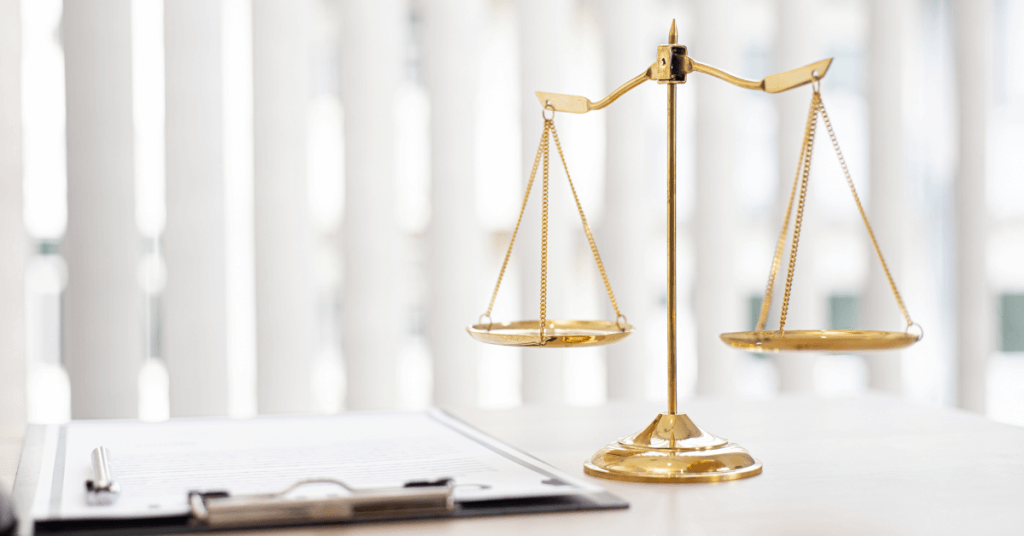
The latest Human Rights Watch report released yesterday provides extensive criticism of Australia’s Human Rights records.
O’Brien Criminal and Civil Solicitors agrees with many of the findings having represented clients whose human rights have been neglected by institutions.
The HRW report has identified some crucial areas as we detail in the following sections.
Treatment of Asylum Seekers and Refugees
Australia received ongoing criticism for its treatment of asylum seekers and refugees in offshore detention centres in Papua New Guinea and Nauru. Not only is there little concern for their physical and mental health in the detention centres but they regularly endure violence and harassment from locals. O’Brien Criminal and Civil Solicitors believes that the human rights abuses faced by asylum seekers and refugees is unacceptable. This is why we represented a client last year who sought to challenge the lawfulness of his detention. We hope that the Australian government does not simply ignore this criticism once again and takes action to ensure that the human rights of asylum seekers and refugees get adequatel protection.
Indigenous Rights
It is no surprise to us that the HWR reported on the significant over-representation of Indigenous Australians in the criminal justice system. This has been a consistent trend for decades. For example, it is alarming to read that Indigenous offenders are 13 times more likely to be in prison than the rest of the population. It is clear to us that something needs to be done to address the underlying issues facing the Indigenous community. However, the Australian Government’s rejection of the Referendum Council’s recommendation to establish an Indigenous advisory body to Parliament highlights their unwillingness to protect the rights of the Aboriginal and Torres Strait Islands people.
That being said, there is recently greater public attention to the rights of Indigenous Australians. For example, as seen by the current hot topic of changing the date of Australia Day. We hope that by bringing the discussion of Indigenous rights to the forefront that the government will implement greater measures to bridge the gap between Indigenous and non-Indigenous Australians.
Children’s Rights

The report emphasised the significant abuses faced by children in the criminal justice system. This is particularly evident though the Royal Commission into the Protection and Detention of Children in the Northern Territory. This concluded that the territory’s treatment of youth offenders was inadequate. O’Brien Criminal and Civil Solicitors can definitely agree with this point given our representation of Dylan Voller in the inquiry.
Another aspect of children’s rights that the report did not point out, but is nevertheless extremely important, is the systemic problem of institutional child abuse identified by the Child Abuse Royal Commission. The brave individuals that we represented in this inquiry provided crucial evidence of the sexual abuse they faced. This went some way to highlighting the need to implement proactive measures to protect children from harm.
Our involvement in both commissions puts us in a position to say that greater attention needs to be paid to protect the human rights of children. We expect the government to implement the recommendations proposed by the commissions as this is a much needed step forward to ensure that similar abuses do not occur in the future.
Disability Rights
Reports say that over half the prison population has a physical, mental or intellectual disability. HRW found that prisoners with disabilities experience bullying and harassment from fellow prisoners and correctional staff.
On a more general level we believe that people with disabilities should receive equal treatment and that the government has a responsibility to provide adequate mechanisms to prevent discrimination based on disability. Our civil solicitors at O’Brien Criminal and Civil Solicitors can assist those who want to make a claim against someone who has treated them discriminatively based on disability.
Human Rights Watch: Protection in the Future
Whilst the report has indicated the shortcomings of Australia’s human rights record we are hopeful that these problems will be addressed. A positive sign is the Australian Government’s ratification of the Optional Protocol to the Convention against Torture (OPCAT) on December 21 2017.
By ratifying this protocol the Government pledged to the international community that Australia will implement a system of independent inspections for all places of detention, such as:
- prisons,
- youth justice centres,
- mental health facilities
- and immigration centres
The government has also agreed to facilitate periodic monitoring visits by the United Nations Subcommittee on Prevention of Torture. We believe that this is an important step forward as many of the human rights abuses identified by the HRW occurred in places of detention that are outside of the public eye. In conclusion, we look forward to seeing how the treaty will be implemented in Australia and expect an improvement in the country’s human rights record.
- Peter O'Brienhttps://obriensolicitors.com.au/author/peterob/
- Peter O'Brienhttps://obriensolicitors.com.au/author/peterob/
- Peter O'Brienhttps://obriensolicitors.com.au/author/peterob/
- Peter O'Brienhttps://obriensolicitors.com.au/author/peterob/



